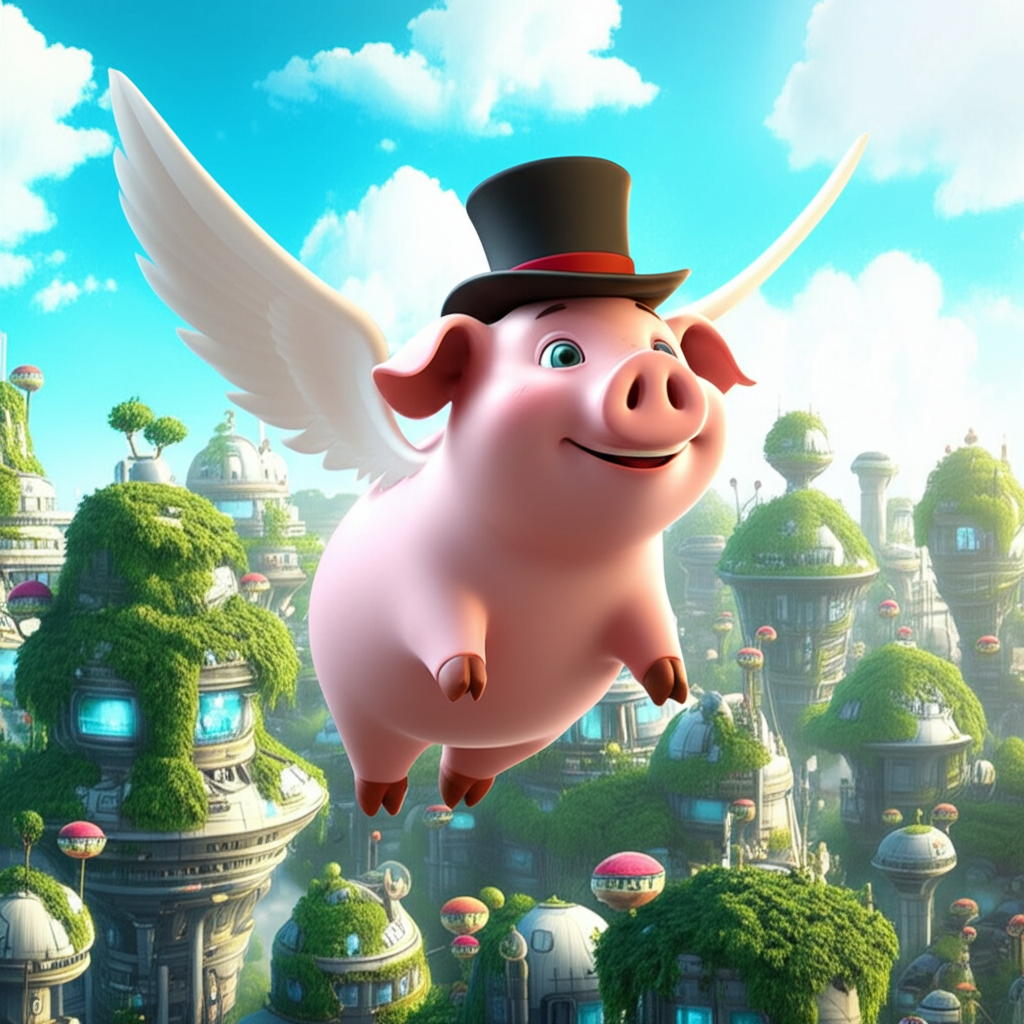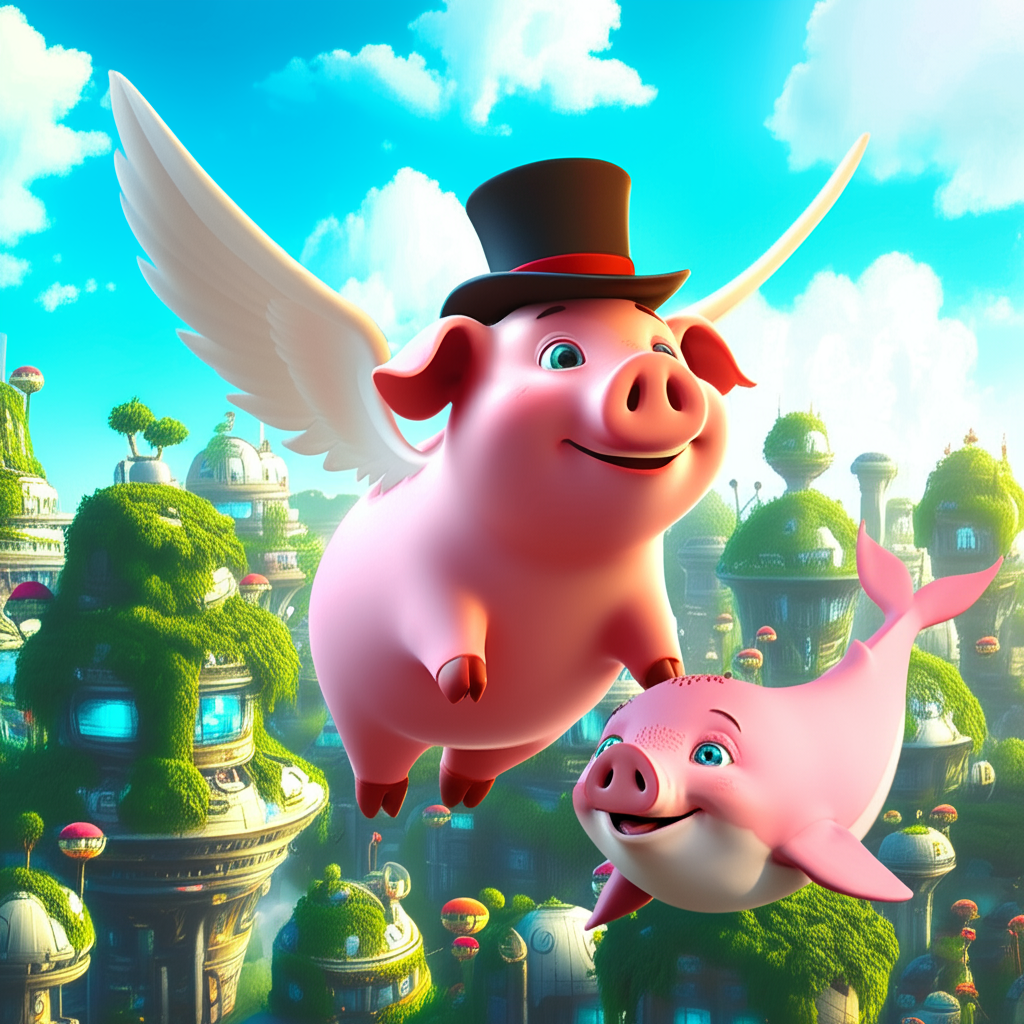qhdrl12_mcp_server_gemini_image_generator
by qhdrl12Gemini Image Generator MCP Server
Generate high-quality images from text prompts using Google's Gemini model through the MCP protocol.
Overview
This MCP server allows any AI assistant to generate images using Google's Gemini AI model. The server handles prompt engineering, text-to-image conversion, filename generation, and local image storage, making it easy to create and manage AI-generated images through any MCP client.
Features
- Text-to-image generation using Gemini 2.0 Flash
- Image-to-image transformation based on text prompts
- Support for both file-based and base64-encoded images
- Automatic intelligent filename generation based on prompts
- Automatic translation of non-English prompts
- Local image storage with configurable output path
- Strict text exclusion from generated images
- High-resolution image output
- Direct access to both image data and file path
Available MCP Tools
The server provides the following MCP tools for AI assistants:
1. generate_image_from_text
Creates a new image from a text prompt description.
generate_image_from_text(prompt: str) -> Tuple[bytes, str]
Parameters:
- prompt: Text description of the image you want to generate
Returns:
- A tuple containing:
- Raw image data (bytes)
- Path to the saved image file (str)
Examples:
- "Generate an image of a sunset over mountains"
- "Create a photorealistic flying pig in a sci-fi city"
Example Output
This image was generated using the prompt:
"Hi, can you create a 3d rendered image of a pig with wings and a top hat flying over a happy futuristic scifi city with lots of greenery?"

2. transform_image_from_encoded
Transforms an existing image based on a text prompt using base64-encoded image data.
transform_image_from_encoded(encoded_image: str, prompt: str) -> Tuple[bytes, str]
Parameters:
- encoded_image: Base64 encoded image data with format header (must be in format: "data:image/[format];base64,[data]")
- prompt: Text description of how you want to transform the image
Returns:
- A tuple containing:
- Raw transformed image data (bytes)
- Path to the saved transformed image file (str)
Example:
- "Add snow to this landscape"
- "Change the background to a beach"
3. transform_image_from_file
Transforms an existing image file based on a text prompt.
transform_image_from_file(image_file_path: str, prompt: str) -> Tuple[bytes, str]
Parameters:
- image_file_path: Path to the image file to be transformed
- prompt: Text description of how you want to transform the image
Returns:
- A tuple containing:
- Raw transformed image data (bytes)
- Path to the saved transformed image file (str)
Examples:
- "Add a llama next to the person in this image"
- "Make this daytime scene look like night time"
Example Transformation
Using the flying pig image created above, we applied a transformation with the following prompt:
"Add a cute baby whale flying alongside the pig"
Before: 
After: 
Setup
Prerequisites
- Python 3.11+
- Google AI API key (Gemini)
- MCP host application (Claude Desktop App, Cursor, or other MCP-compatible clients)
Getting a Gemini API Key
- Visit Google AI Studio API Keys page
- Sign in with your Google account
- Click "Create API Key"
- Copy your new API key for use in the configuration
- Note: The API key provides a certain quota of free usage per month. You can check your usage in the Google AI Studio
Installation
- Clone the repository:
git clone https://github.com/your-username/gemini-image-generator.git
cd gemini-image-generator
- Create a virtual environment and install dependencies:
# Using regular venv
python -m venv .venv
source .venv/bin/activate
pip install -e .
# Or using uv
uv venv
source .venv/bin/activate
uv pip install -e .
- Copy the example environment file and add your API key:
cp .env.example .env
- Edit the
.envfile to include your Google Gemini API key and preferred output path:
GEMINI_API_KEY="your-gemini-api-key-here"
OUTPUT_IMAGE_PATH="/path/to/save/images"
Configure Claude Desktop
Add the following to your claude_desktop_config.json:
{
"mcpServers": {
"gemini-image-generator": {
"command": "uv",
"args": [\
"--directory",\
"/absolute/path/to/gemini-image-generator",\
"run",\
"server.py"\
],
"env": {
"GEMINI_API_KEY": "GEMINI_API_KEY",
"OUTPUT_IMAGE_PATH": "OUTPUT_IMAGE_PATH"
}
}
}
}
Usage
Once installed and configured, you can ask Claude to generate or transform images using prompts like:
Generating New Images
- "Generate an image of a sunset over mountains"
- "Create an illustration of a futuristic cityscape"
- "Make a picture of a cat wearing sunglasses"
Transforming Existing Images
- "Transform this image by adding snow to the scene"
- "Edit this photo to make it look like it was taken at night"
- "Add a dragon flying in the background of this picture"
Testing
You can test the application by running the FastMCP development server:
fastmcp dev server.py
This command starts a local development server and makes the MCP Inspector available at http://localhost:5173/.
License
MIT License
About
MCP server for AI image generation and editing using Google's Gemini Flash models. Create images from text prompts with intelligent filename generation and strict text exclusion. Supports text-to-image generation with future expansion to image editing capabilities.
Resources
Stars
Watchers
Forks
No releases published
No packages published
